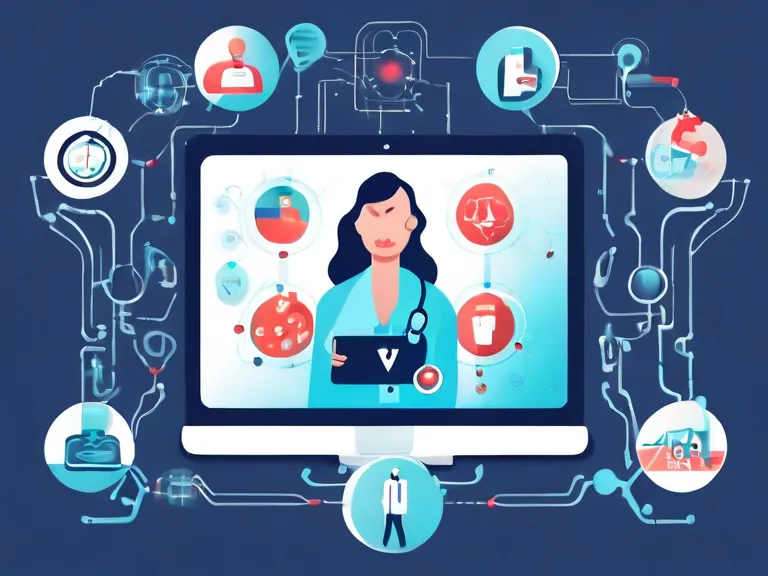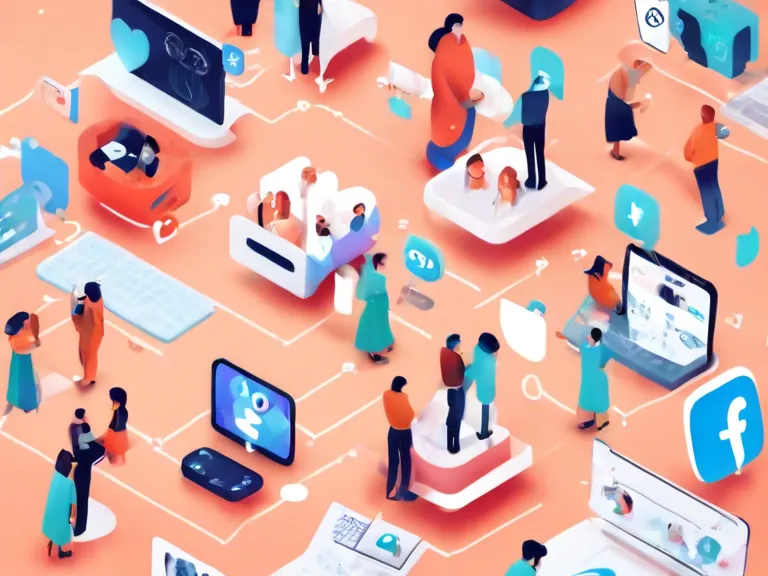
Artificial Intelligence (AI) plays a vital role in monitoring health trends and buzz on social media platforms. With the vast amount of data being generated every second on platforms like Twitter, Facebook, and Instagram, it has become difficult for healthcare professionals to keep up with the latest conversations and discussions related to health. However, AI tools can help analyze this vast amount of data quickly and efficiently, allowing healthcare providers to stay informed about what people are talking about when it comes to health.
One of the key ways AI is used in monitoring health buzz on social media platforms is through sentiment analysis. By analyzing the sentiment of posts and comments related to health topics, AI can help identify emerging trends, public concerns, and potential outbreaks. For example, if there is a sudden increase in posts about flu-like symptoms in a particular region, AI can quickly flag this as a potential health issue that needs to be addressed.
AI can also be used to monitor the spread of misinformation and fake news related to health on social media platforms. By analyzing the content of posts and identifying patterns, AI can help healthcare providers debunk myths, provide accurate information, and prevent the spread of false information that could harm public health.
In addition to monitoring health trends and misinformation, AI can also be used to personalize healthcare information for individuals based on their social media activity. By analyzing a person's posts, likes, and comments, AI can provide tailored recommendations for healthy living, disease prevention, and mental well-being.
Overall, the role of AI in monitoring health buzz on social media platforms is crucial for healthcare providers to stay informed, address public concerns, and provide accurate information. As social media continues to play a significant role in shaping public opinion and behavior, AI will be essential in ensuring that healthcare professionals can effectively navigate this ever-evolving landscape.


